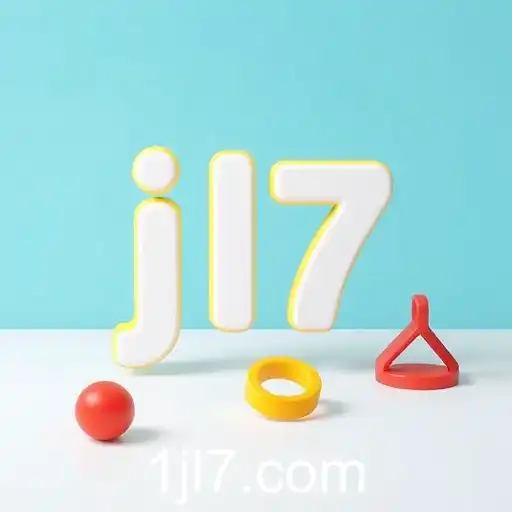In today's digital age, where education and technology intersect, learning tools in the form of online games are becoming increasingly prevalent. One standout category in this innovative field is 'Learning Tools,' featuring the intriguing keyword 'jl7.' This name might sound like a cryptic code, but within educational circles, 'jl7' is synonymous with creative and interactive learning.
The 'Learning Tools' category is designed to blend entertainment with education, providing a platform where players of all ages can engage with game-like activities that promote cognitive development, critical thinking, and problem-solving skills. This amalgamation of fun and learning caters to the unique needs of learners worldwide, satisfying their curiosity while adhering to educational standards.
One of the standout features of these tools is their ability to adapt to various learning styles. Whether a user is a visual learner who benefits from colorful graphics and animations or an auditory learner who engages with sound effects and verbal instructions, 'Learning Tools' provides an inclusive environment. This adaptability is crucial in a diverse learning landscape, ensuring that no student is left behind.
The incorporation of 'jl7' into the 'Learning Tools' category signifies a leap towards personalized education. These tools often employ algorithms to adjust difficulty levels based on user performance, ensuring that each learner is suitably challenged and can practice at their own pace. This approach not only bolsters confidence but also cultivates a love for learning, which is indispensable in lifelong education.
One might wonder what 'jl7' specifically entails within this realm. It refers to a sophisticated system or feature set that educators can employ to track progress, making modifications based on analytics-driven insights. This powerful backend tooling allows teachers and parents to closely monitor the user's improvement, identifying strengths and focusing on areas that need more practice.
The gamification aspect of these learning tools brings education into the 21st century by using elements such as badges, leaderboards, and rewards to motivate students. By mimicking the structures of traditional gaming, learners are encouraged to strive for new levels of achievement, making the entire process engaging and competitive in a healthy way.
Furthermore, the versatility of the 'Learning Tools' category expands its appeal across various subjects - from mathematics and science to languages and arts. This breadth of content means that educators can align these resources with curriculum goals, seamlessly integrating them into lesson plans, or using them as supplementary materials that reinforce classroom learning.
In summary, the 'Learning Tools' category, distinguished by the 'jl7' keyword, exemplifies the future of education. By combining personalized learning with engaging, interactive experiences, it represents a revolutionary approach to education that responds to the evolving needs of digital-age learners. Whether you're an educator seeking new resources or a parent hoping to support your child's education, 'Learning Tools' stands out as a premier solution in modern educational technology.

This article delves into the transformative landscape of educational games within the 'Learning Tools' category, highlighting the innovative features associated with the 'jl7' keyword. Discover how these digital resources integrate fun and learning, personalize education, and engage diverse learners.




